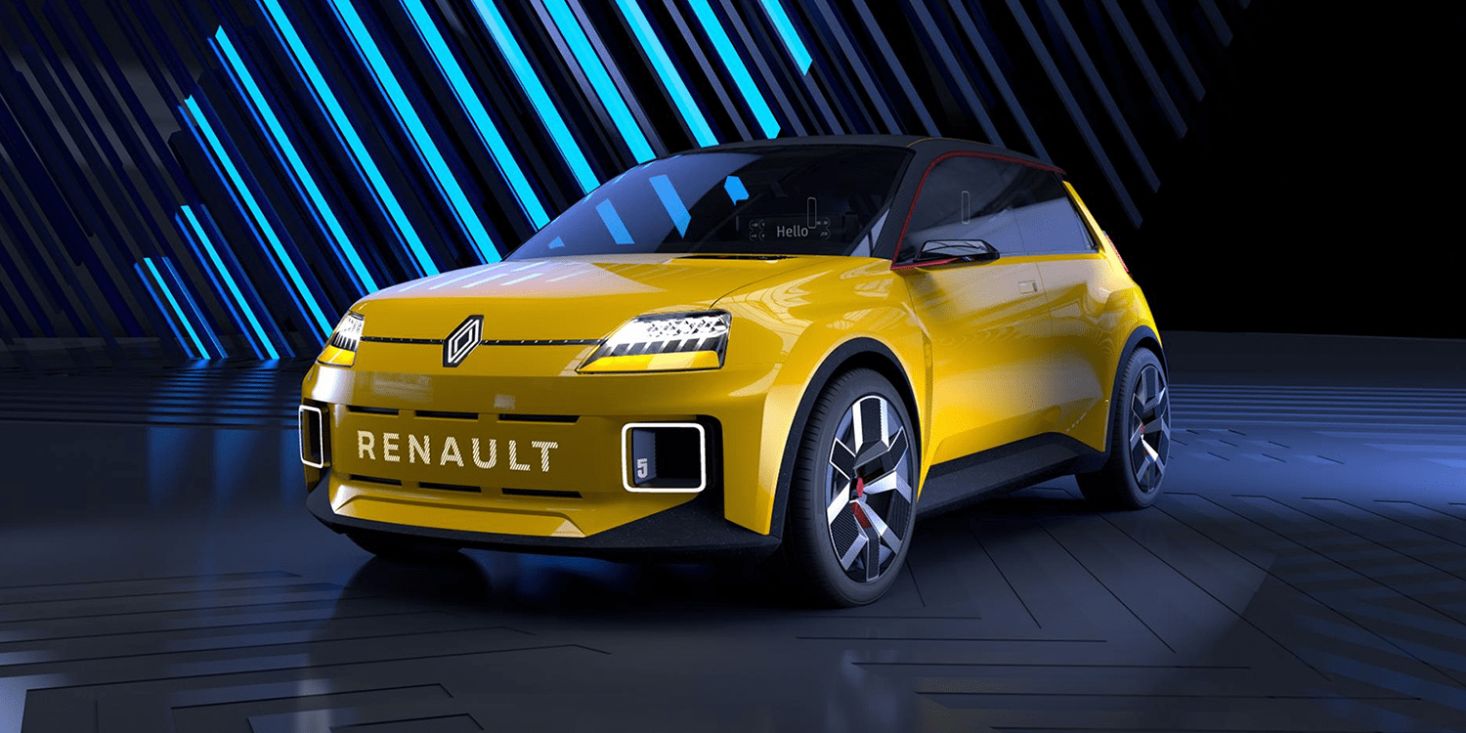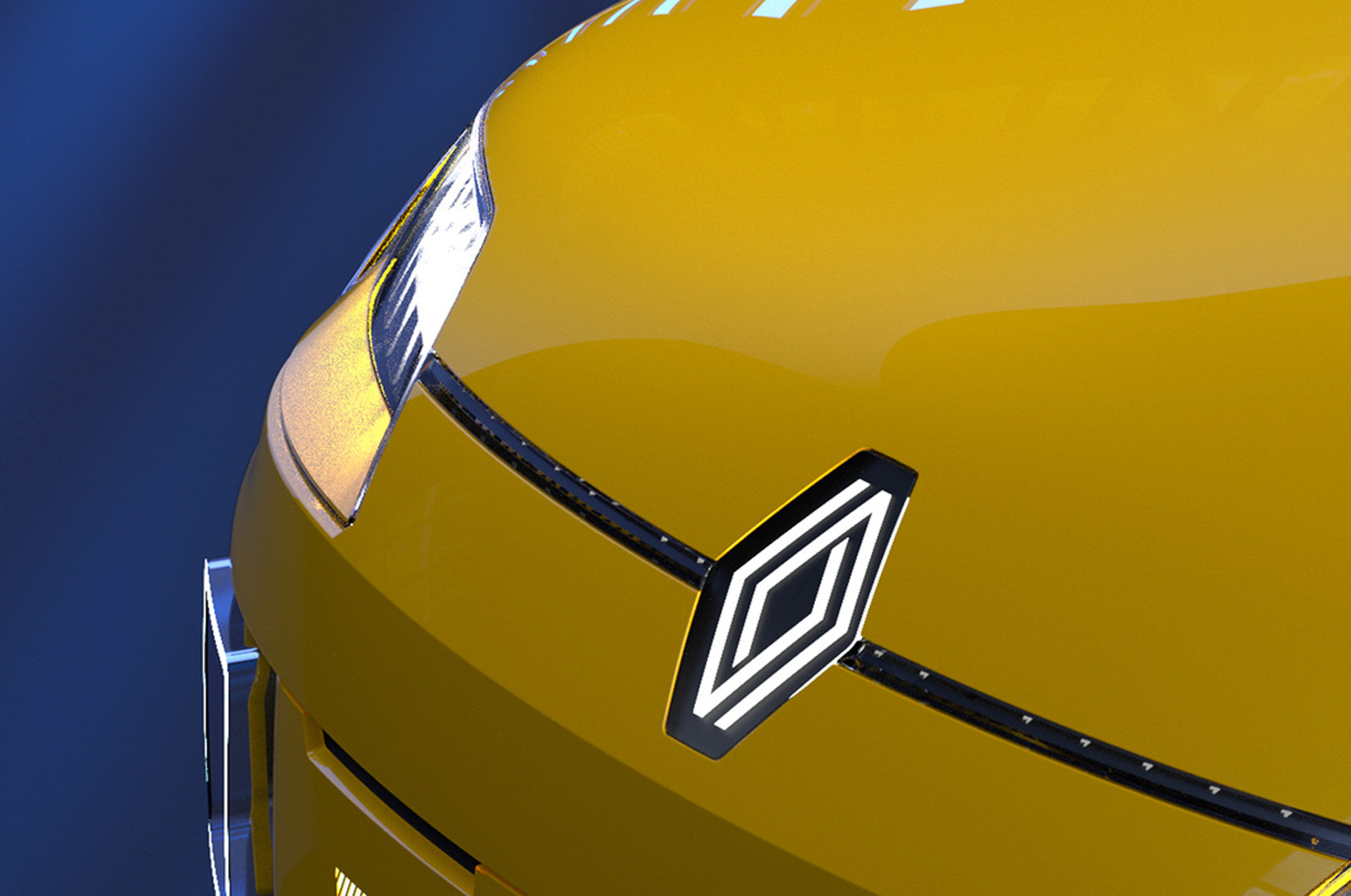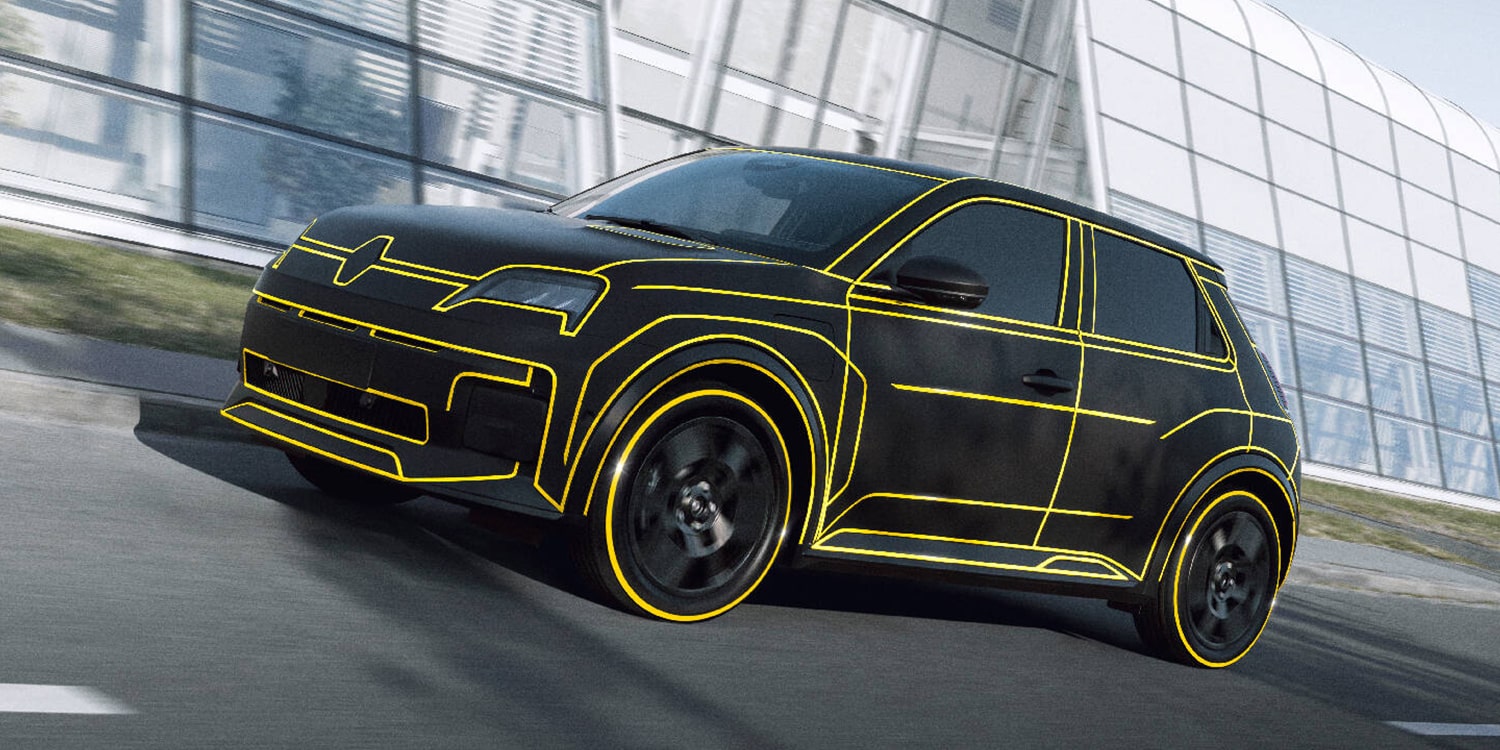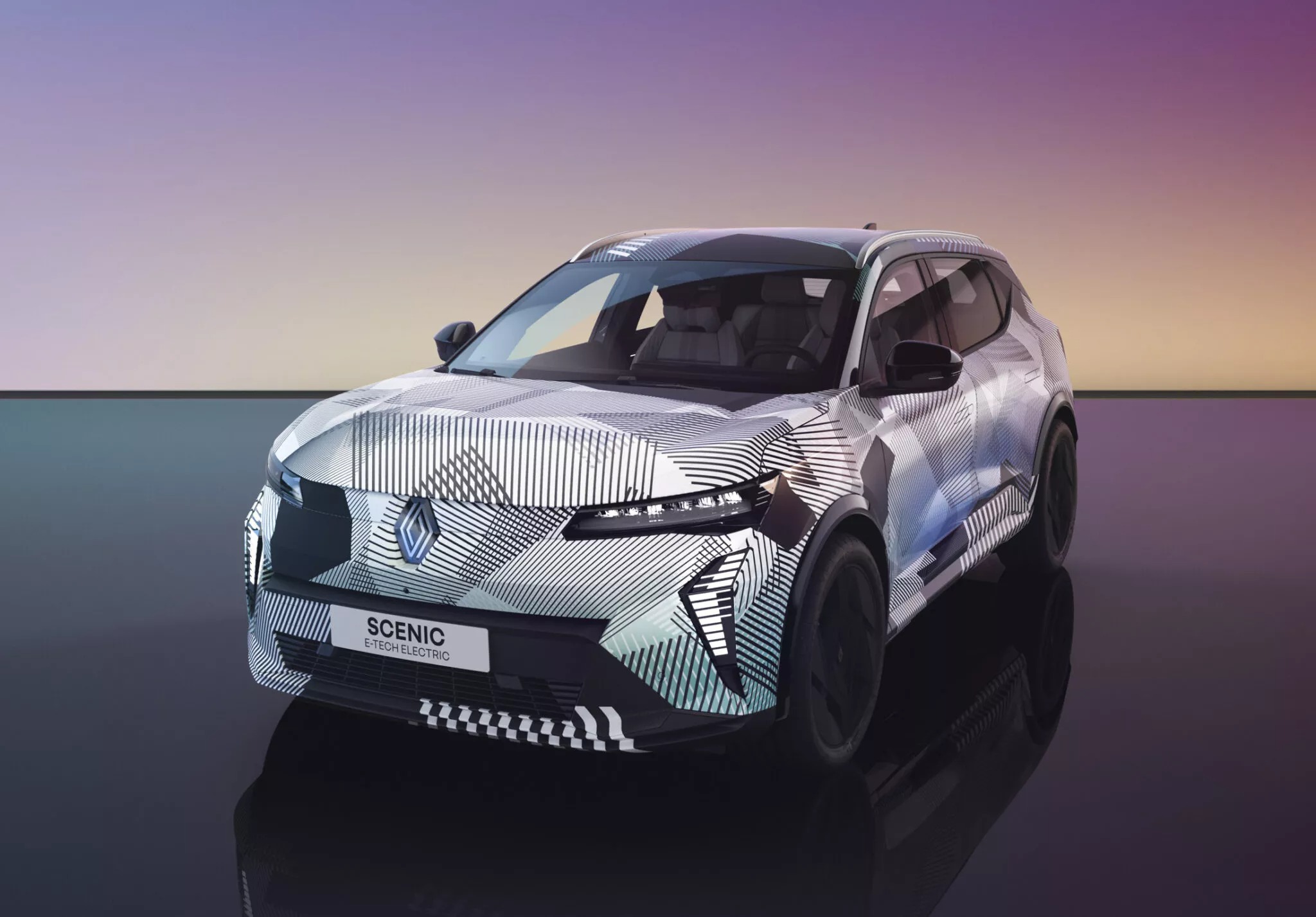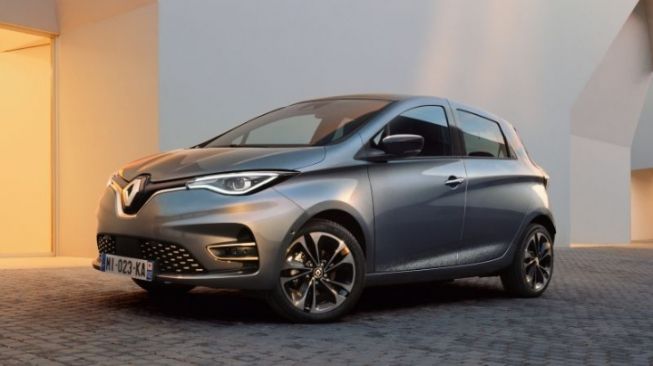Renault’s EV and software subsidiary, Ampère, has unveiled its senior management team, with Renault Group CEO, Luca de Meo, personally leading the team. Joining him are Josep Maria Recasens as Chief Operating Officer and Vincent Piquet as Chief Finance Officer. Recasens, who previously worked at Seat and joined Renault in 2021, has been appointed Chief Strategy Officer, while Piquet, who joined Renault in 2019 after a career at General Electric, was named CFO of the Renault brand in 2022.
These appointments are expected to provide strong support for Ampère’s innovative and profitable plan, including its anticipated initial public offering. Renault has set the second half of 2023 as the timeline for Ampère’s carve-out, with further details to be announced at a dedicated Capital Markets Day later this year.
De Meo highlighted the two years of preparatory work that will enable Ampère to leverage an integrated EV supply chain from the beginning. By utilizing existing production infrastructure, such as the ElectriCity manufacturing ecosystem in northern France, Ampère will have the capacity to produce up to 400,000 electric cars annually, with a majority of suppliers located within a 300-kilometer radius.
De Meo expressed confidence in Ampère’s potential to lead the electric and software shift, combining the agility of a pure player with the strengths of an established original equipment manufacturer (OEM).
Renault aims to reduce costs by 40 percent per vehicle for the next generation of EVs through Ampère. The subsidiary targets an average annual sales growth rate of 30 percent by 2030. With the majority of investments already made, Ampère anticipates profitability as early as 2025 and aims to achieve double-digit margins by 2030.
The Ampère team, consisting of approximately 10,000 employees, including a significant number of engineers, will focus on electric drive development and position Ampère as a key player in the field of “Software Defined Vehicles.” Specific hardware development goals include reducing part variety by approximately 30 percent, achieving a maximum production time of ten hours per vehicle, and attaining drive efficiency of over 90 percent from the battery to the wheel. Additionally, engineers will explore various battery technologies, ranging from sodium-ion to solid-state batteries.

